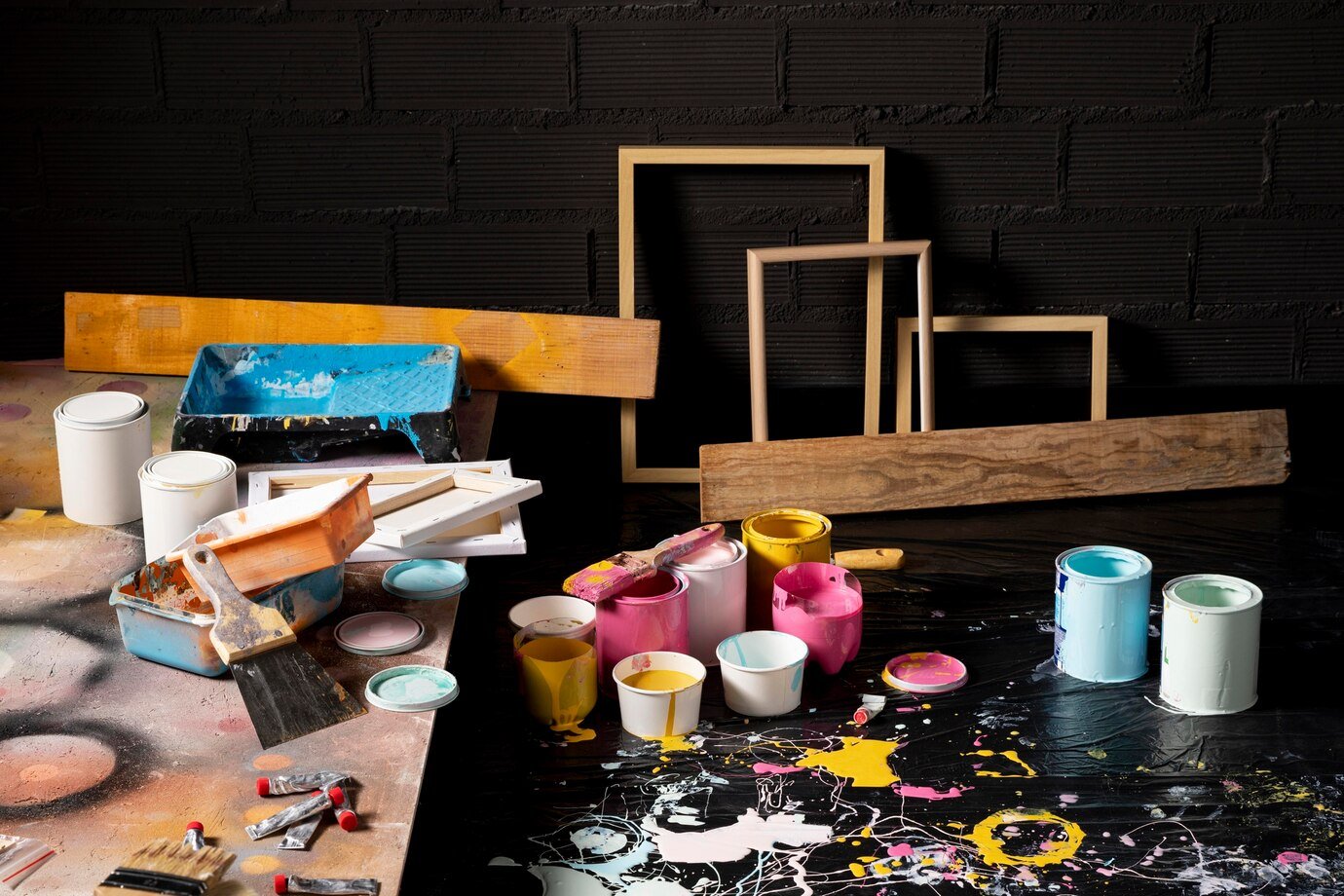Advanced surface preparation involves cleaning, repairing, and profiling a surface to ensure optimal adhesion and durability of applied materials, often used in industrial environments. This process goes beyond basic cleaning to achieve a clean, profiled surface necessary for successful coating applications.
Complex paint application techniques encompass a variety of methods for achieving intricate and artistic effects, often building on basic techniques to create depth, texture, and unique visual elements. These techniques include glazing, underpainting, impasto, and various spray application methods like electrostatic and HVLP spraying, each with its own nuances and capabilities.
Specialist wallcoverings and finishes encompass a wide range of materials and techniques beyond traditional painting, offering unique aesthetic and functional benefits. They include options like wallpaper, wood panelling, fabric upholstery, tile, and even specialized treatments like fire-resistant coatings.
Architectural restoration and heritage skills involve preserving cultural heritage, maintaining historical landmarks, and ensuring buildings retain their unique historical character for future generations. These skills encompass a range of expertise, including understanding architectural history, analyzing structural integrity, and utilizing specific restoration techniques.
Commercial and industrial coatings are specialized paint applications that prioritize durability, longevity, and protection over aesthetics, unlike residential painting. They are designed to withstand harsh environments, heavy use, and various chemicals, making them suitable for businesses, factories, and other commercial spaces.
For interior designers, both business and project management are crucial for success. Business management focuses on long-term strategies, while project management concentrates on the specific tasks and timelines of each design project. Effective project management ensures projects are delivered on time and within budget, while strong business management supports the overall growth and profitability of the design firm.





